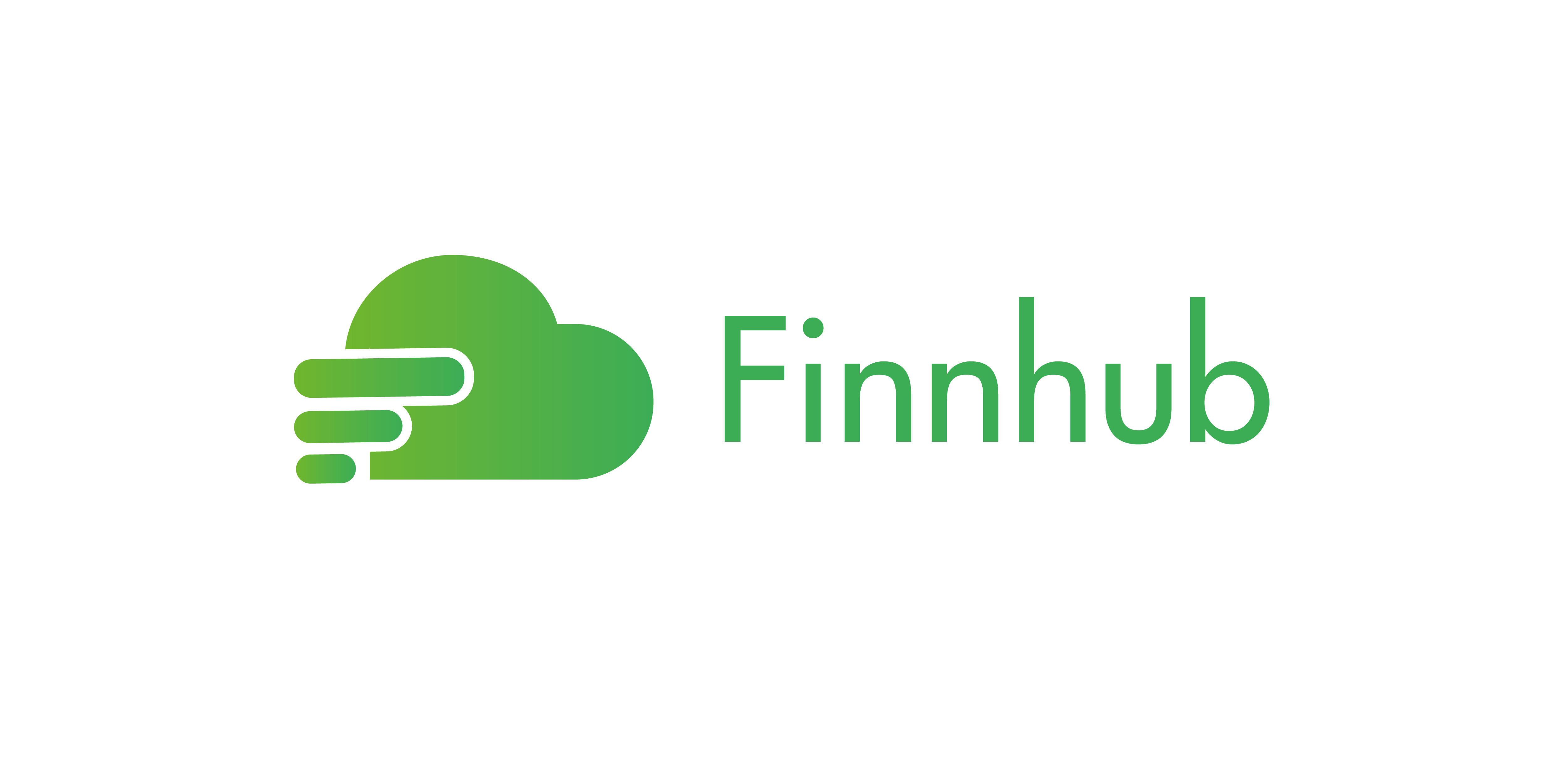Instructure : Research Reveals Changing Definitions of Success in Higher Education towards Student Well-Being, Career Preparation
INST
Year two of study shows continued work needed around student equity, access and engagement, and instructor usage of technology
SALT LAKE CITY - Sep 21 2021 -Instructure, the makers of Canvas, today released its second annual research report that explores how the pandemic has impacted higher education, and identifies six key trends globally. Overall, about half of respondents report a positive perception of online learning. Mental health is increasingly critical, with 92% viewing student psychological well-being as an impactful socioeconomic factor influencing student success. For North American respondents, skills-based learning emerged as a priority in year-two of the COVID crisis, with 70% of respondents saying that having definable skills is more important than course titles or a degree. View the full report: State of Student Success and Engagement in Higher Education.
"This past year as campuses around the world grappled to find a new normal in an increasingly hybrid ecosystem, the number one thing we saw was resilience," said Melissa Loble, Chief Customer Success Officer at Instructure. "While grades remain important, administrators, faculty, and students are defining success more holistically and adjusting campus support to match that definition. Institutions are also actively working to improve faculty technology proficiency and online course development to help students succeed in any environment."
Now in its second year, Instructure's research reflects a survey of thousands of current students, administrators, and faculty from 18 countries representing a mixture of two-year, four-year, public, and private higher education institutions. The report uncovered six key trends:
Career readiness is (still) the number one priority for students.
Preparing students for life after graduation is the #1 concern, however, administrators and students agree that this is where institutions struggle most.
Institutions need to think beyond the lecture.
While studentsstill primarily define "success" as academic achievement, faculty and administrators are looking for ways to support the whole student, with psychological well-being and access to mental health positively impacting student engagement.
Faculty-student engagement is critical-whether in person or through technology.
Student success today requires availability of technology resources, as well as engaging content and instruction from technology-proficient faculty.
Online learning needs to be intentionally designed.
As future uncertainty remains and hybrid learning becomes the new norm, creating meaningful, interactive experiences between faculty and students, and connecting students with one another will be critical for hybrid and remote courses alike.
Socioeconomic disparities impact engagement.
Levels of income and access to learning resources and technology tools continue to leave some students behind, greatly impacting how engaged students are in their educational experience.
The democratization of education begins with equitable access.
Internet connectivity is imperative, but access to technology means more than just providing devices and connectivity to students.
The survey was fielded in July 2021 and was cleaned and analyzed by Hanover Research. After fielding and data cleaning, the study consisted of 7,687 qualified, completed responses. The data was then cut into crosstabs by region, country, and role, along with various additional subsegments, such as socio-economic status. Instructure performed statistical significance testing across segments with a 95% confidence level using a Z-Test with p = less than 0.05 and a margin of error +/- 1% for the overall sample size. For any questions regarding the underlying methodology or data, please contact [email protected]
Disclaimer
Instructure Holdings Inc. published this content on 21 September 2021 and is solely responsible for the information contained therein. Distributed by Public, unedited and unaltered, on 21 September 2021 11:11:09 UTC.
